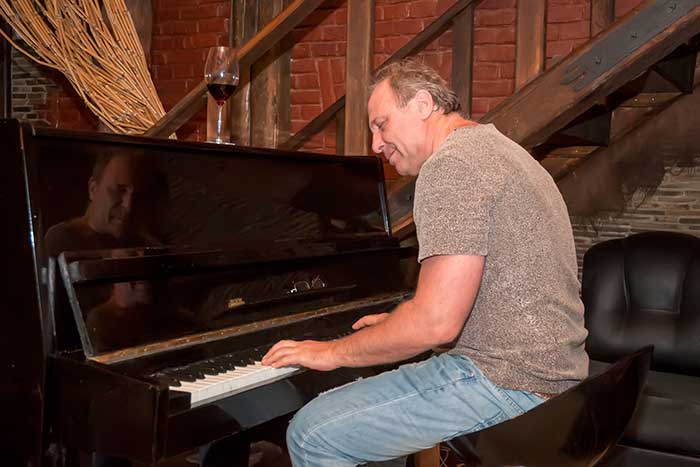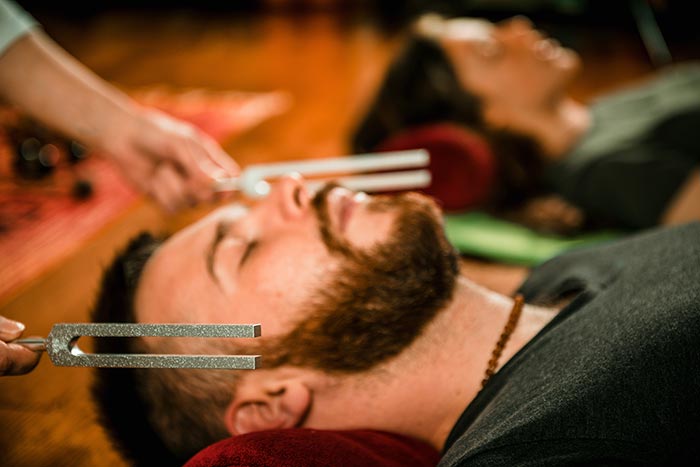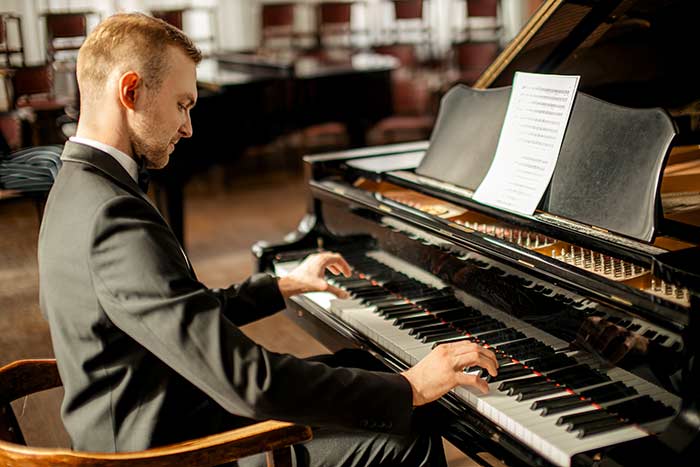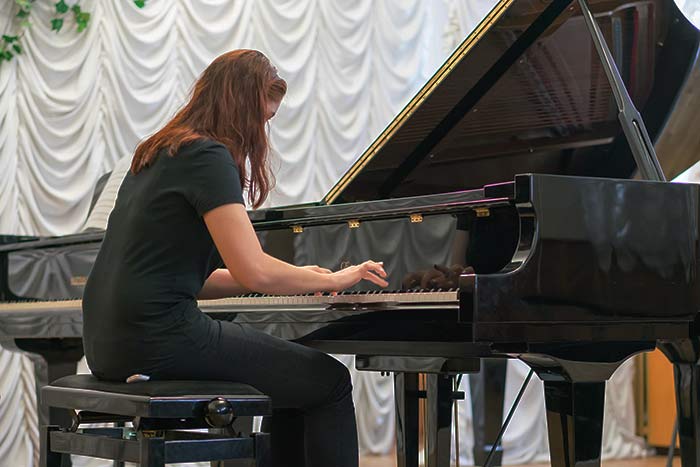Some adults begin their piano studies with the intention of completing it quickly. They do not begin because they are enthusiastic about playing the piano and want to incorporate this wonderful activity into their lives. They begin piano lessons as soon as possible in order to achieve their goal and cross it off their bucket list.
I have met a few adults with this mindset who told me right away that they were going to give it a year. They wanted to quickly master piano playing so they could move on to something else. It had to be done as we checked off items on our to-do list.
Unfortunately, these people did not succeed and quit playing the piano as soon as they realized there was far too much to learn and that this art could not be mastered in a matter of months. Instead of enjoying their piano lessons and learning more about the instrument with each passing week, they were racing against the clock, trying to turn the pages of the beginner book without mastering the previous exercise. It had to move quickly, quickly, quickly!
I have never understood why it was so important to them to complete the task, but that was their mindset, and there was nothing I could do about it.
They had a smile on their face and looked like they could give me a hug when they thought they were making progress, but when things slowed down, they became nervous and incredibly impatient.
I have to tell you the truth: mastering the piano takes years, and you will not get there by putting pressure on yourself or your piano teacher. Becoming a brilliant pianist takes time, which you must accept before beginning; otherwise, you will be a huge disappointment.
Last night, I was discussing this topic with a colleague because one of his piano students falls into this racer category. He requires constant encouragement, tries to learn everything at once, and places a lot of pressure on himself. He has no idea why he is not a concert pianist after only a few months of study. He is unsure whether the problem is with his piano teacher or with himself, but it is no one fault. It simply takes time.
I had a vision of my sister’s baby boy while we were talking about it. He’s now three months old. When I was showing some pictures to my colleague, I realised that when we learn a new skill, we can be compared to babies and toddlers. Our progress is steady and progressive. I get new pictures of my sister’s baby boy every day, and I don’t see much progress. He is, without a doubt, maturing, but it is not obvious. He grows in size and learns new skills one at a time. No one can be 20 years old in a single day. Growing up, like learning to play the piano, is a process. You must give your technical and musical abilities time to develop. Experience is also important in piano playing, which obviously comes with time.
So far, I have focused on piano students who want results now rather than allowing time to help them achieve their goal, but I can also discuss the opposite type of piano student: those who practice diligently without attempting to build Rome in a day.
You will not be surprised to learn that these piano students go on to become the most successful pianists because they take the time to develop both their technical and musical skills without feeling rushed. On the contrary, they proceed step by step, ensuring that each step is mastered before proceeding. They attend their lessons on a regular basis, practice on a daily basis, and enjoy every step of the journey. They have realised that only time and effort will get them where they want to go. They make steady progress, correct their errors along the way, and look forward to the new level they reach each year. They remember where they came from and recognize that they still have a long way to go.
Everything is well explained in the title of my article: This race against the clock will destroy your piano skills.
You can certainly vacuum a carpet quickly and achieve the desired result, but the desire for immediate gratification can only be detrimental to your piano playing.
I recall a piano student who clearly gave up fairly quickly. She wanted to learn a new piano piece every week and became irritated when I asked her to practice it again. She found it extremely tedious to have to practice the same piece for two weeks in a row. Do you know how much time concert pianists can devote to a piece? Sometimes a lifetime, because they want to better understand and perfect it over time.
Other piano students use tricks like skipping note reading to focus entirely on their finger activity and convince themselves that playing the piece faster makes them a better pianist. What a terrible trap it would be to fall into!
Whatever tricks you devise, attempting to skip steps in your piano education will backfire at some point. Unfortunately, you will not be able to succeed in this manner. You must go through each step and give yourself enough time to master them. You can certainly try, but trust me when I say it won’t get you very far.
If you want to take piano lessons as an adult, you should only do so if you have a genuine passion for the instrument and understand that you will be doing so for the rest of your life. Playing the piano is not a skill that can be learned quickly, and you must be willing to study for years to achieve the desired results.
I am so sorry, but there is no way around it… Have fun and give it some time! Patience and diligence will pay off one day!











